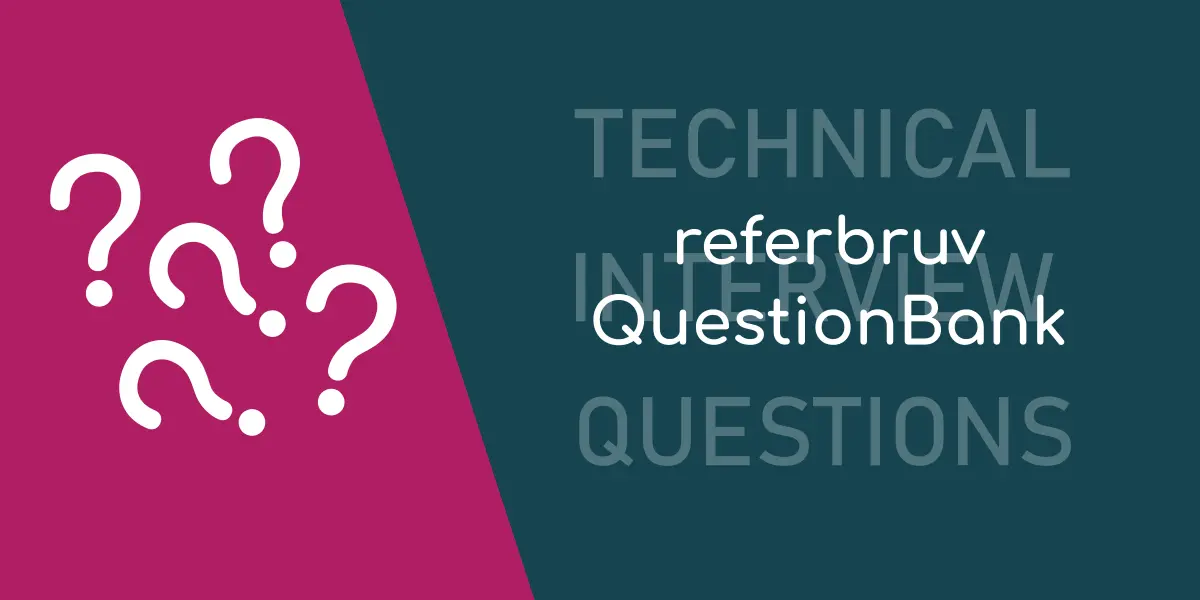In JavaScript, double equal operator (==) stands for value compare. The operands on either sides are converted into a common type and are compared for their values.
// JS converts the right type to equivalent left type
// 5 == '5'
// 5 == number('5') == 5
// result is true
5 == '5'
the triple operator (===) stands for both value and type compare. The operands are not type converted and instead are looked for their type match as well.
5 === '5' // result is false since we're comparing a number and a string

